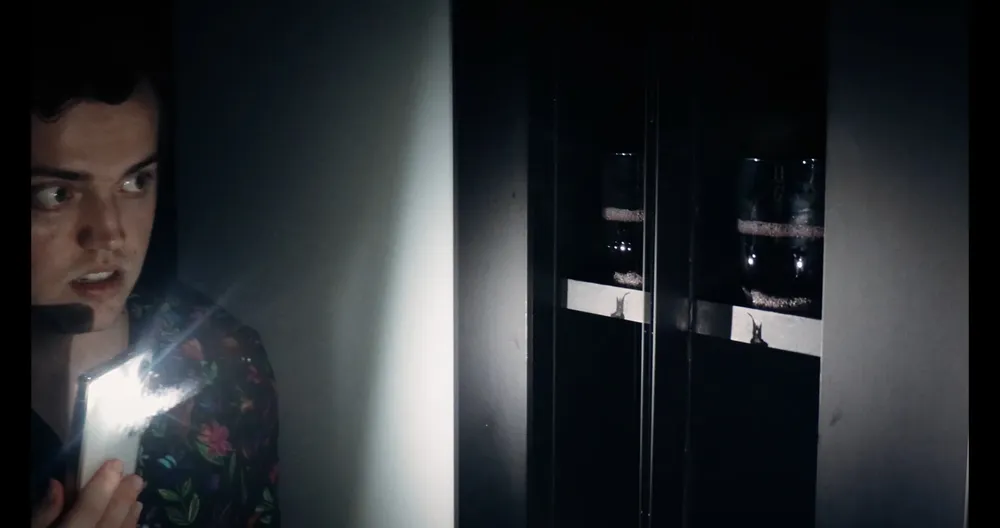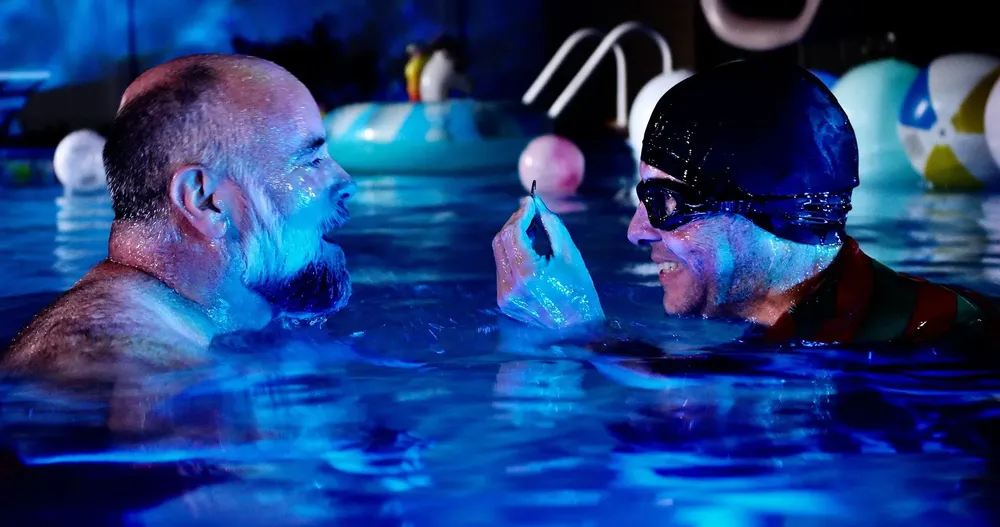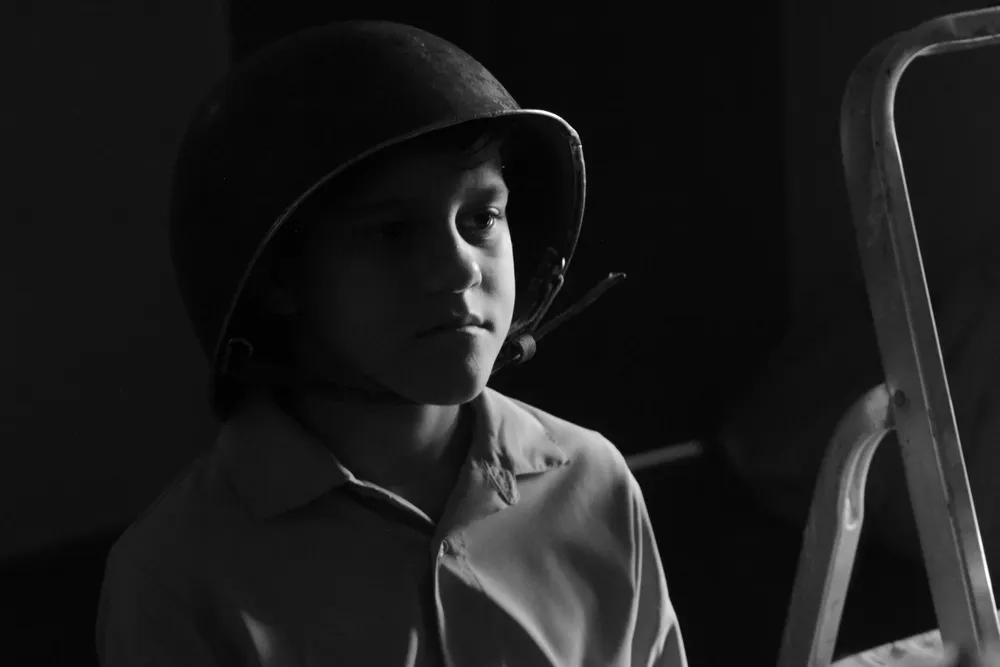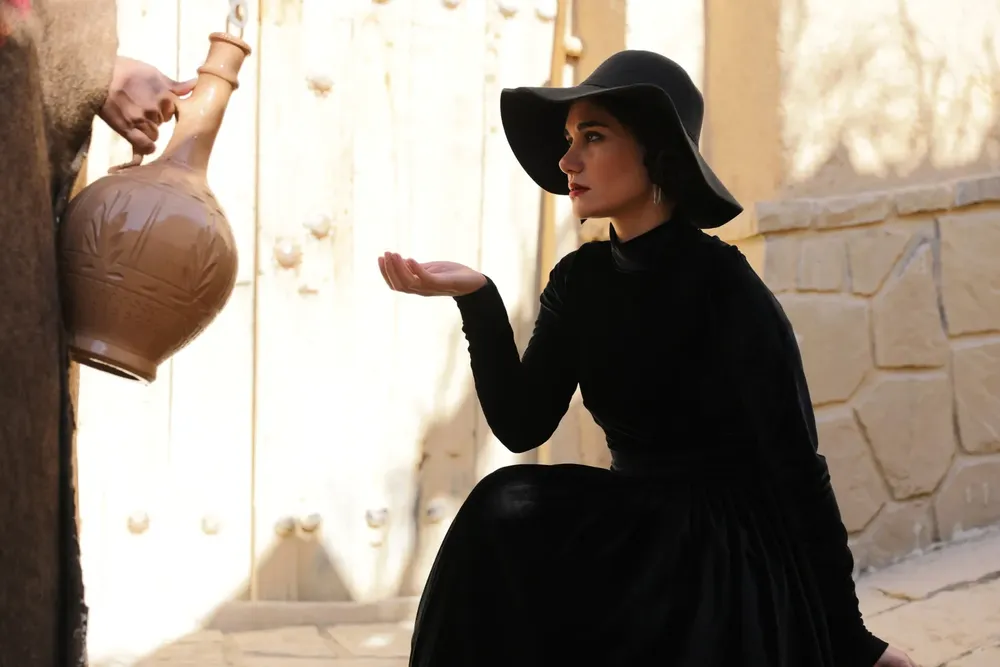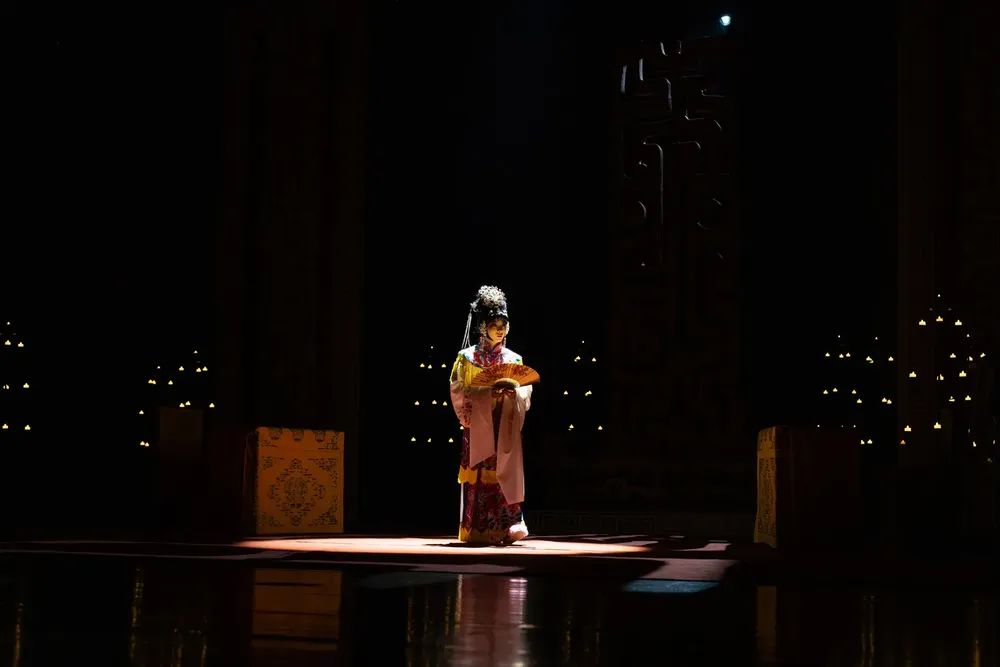
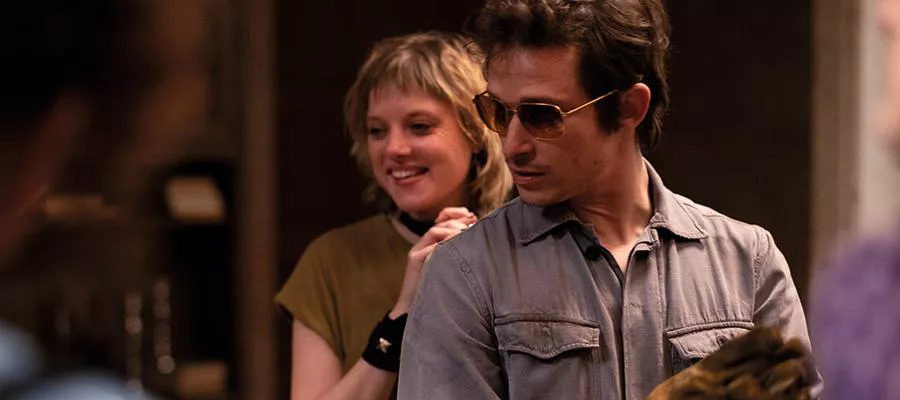
By Javier Lopez Iglesias (Translation from Spanish)
Quite logically, Birds in a Cage, the film based on true events by the Swiss director and writer Oliver Rhis, is presented with the subtitle “Until we are dead or free”. This logic is related to the story of two mavericks with profiles as different as the criminal Walter Stürm and the lawyer Barbara Hug. Two transgressors who in the convulsive decade of the 1980s joined forces in their fight to humanize the Swiss prison system.
Brilliant and idealistic, Hug works with a progressive group of lawyers locked in the fight for social freedom in a country of strict and outdated laws. The young woman is not daunted by the threats of the reactionary environment in which she has to move, nor by a serious kidney disease that keeps her waiting for a transplant that she always postpones.
For his part, Walter Stürm, the son of a wealthy family that repudiates him, is a charismatic character and in his own way captivating, who continuously mocks the establishment. Through scandalous robberies and continuous escapes from prison - he was nicknamed "the king of escapes" -, he rejected violence and showed an anarchic and unpredictable sense of humor. With those wickers he became a media star and an icon of Swiss counterculture.
After one of their bizarre escapes, Walter and Barbara meet and in doing so she sees an opportunity to use his popularity in her fight to change an inhumane penal system. Having the collaboration of Walter, who goes in and out of prison because despite his unwavering desire for freedom he never stops committing crimes, will become Barbara's priority who, little by little, finds herself trapped by the overwhelming personality of her defended.
Motivated by causes as different as their respective ways of being and facing life, both are irrevocably driven by the same desire: freedom. Although, as has been said and the film makes it very clear through the correct profile of one and the other, law and freedom do not have, at all, the same meaning for both. As Oliver Rhis points out, "a radical association of conflicting interests between state repression and personal freedom will be born among them."
To highlight the interpretive naturalness of the protagonists, Joel Basman and Marie Leuenberger, who at all times integrate the viewer in the plot complexity that they attend. And it convinces him that what is recounted fully complies, however peculiar it may be, with what happened.
The real Walter Stürm died in 1999. The lawyer Barbara Hug did in 2005.




